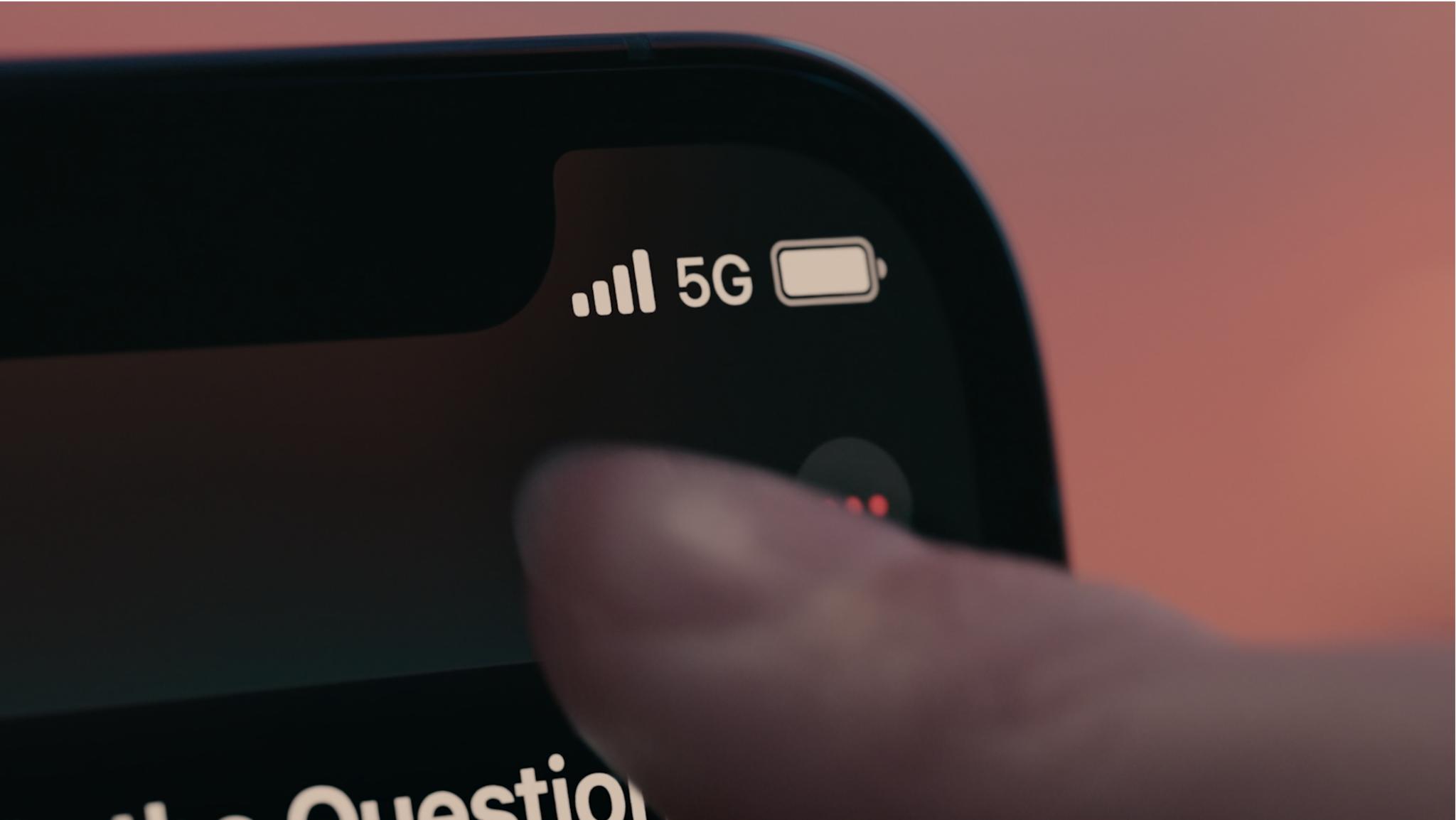Apple's iPhone 15 is missing a key component because Apple didn't realize modems are hard
It just didn't understand.

iMore offers spot-on advice and guidance from our team of experts, with decades of Apple device experience to lean on. Learn more with iMore!
You are now subscribed
Your newsletter sign-up was successful
Apple's new iPhone 15 and iPhone 15 Pro handsets don't come with Apple's 5G modems inside because it simply "didn’t anticipate the complexity" of such a thing.
That's according to a scathing new report into Apple's efforts to ditch Qualcomm and produce its own modems for use in iPhones and other devices. Apple bought Intel's modem business back in 2019 but has so far failed to turn that into silicon that can be put into an iPhone.
In fact, the report claims that when Apple tried to do that in time for the 2023 iPhone it "found that employing the brute force of thousands of engineers, a strategy successful for designing the computer brain of its smartphones and laptops, wasn’t enough to quickly produce a superior modem chip." The report also claims that when trying to build an iPhone 15 modem, Apple found that "its circuit board was so big it would take up half an iPhone, making it unusable."
Qualcomm to the record
This is all according to a Wall Street Journal report which makes for grim reading. Apple reportedly thought that it would be able to build modems because it was proving so good at working on its own iPhone CPUs and GPUs.
“Just because Apple builds the best silicon on the planet, it’s ridiculous to think that they could also build a modem,” former Apple wireless director Jaydeep Ranade, who left the company in 2018, the year the project began, reportedly said.
Apple's desire to design its own modems came partly from a desire to get Qualcomm out of its supply chain following years of legal spats. But Qualcomm announced recently that it would continue to build iPhone modems through 2026.
Now, we know why.
iMore offers spot-on advice and guidance from our team of experts, with decades of Apple device experience to lean on. Learn more with iMore!
“These delays indicate Apple didn’t anticipate the complexity of the effort,” said Serge Willenegger, a former longtime Qualcomm executive who left the company in 2018. “Cellular is a monster.”
The report tells a tale of Apple throwing engineers at a problem that it is yet to come to terms with. Using engineers from its Intel acquisition paired with hires direct from Qualcomm, executives reportedly set 2023 as the ultimate goal for moving away from Qualcomm. However, the WSJ says that it "soon became apparent to many of the wireless experts on the project that meeting the goal was impossible."
Those executives started to understand the scale of the situation last year after Apple started testing a prototype modem. The results were poor, with the belief being that the chips were three years behind Qualcomm's best and that by using them Apple would put the iPhone at a disadvantage over its Android-based competitors. Many of which use Qualcomm modems.

Oliver Haslam has written about Apple and the wider technology business for more than a decade with bylines on How-To Geek, PC Mag, iDownloadBlog, and many more. He has also been published in print for Macworld, including cover stories. At iMore, Oliver is involved in daily news coverage and, not being short of opinions, has been known to 'explain' those thoughts in more detail, too.
Having grown up using PCs and spending far too much money on graphics card and flashy RAM, Oliver switched to the Mac with a G5 iMac and hasn't looked back. Since then he's seen the growth of the smartphone world, backed by iPhone, and new product categories come and go. Current expertise includes iOS, macOS, streaming services, and pretty much anything that has a battery or plugs into a wall. Oliver also covers mobile gaming for iMore, with Apple Arcade a particular focus. He's been gaming since the Atari 2600 days and still struggles to comprehend the fact he can play console quality titles on his pocket computer.
